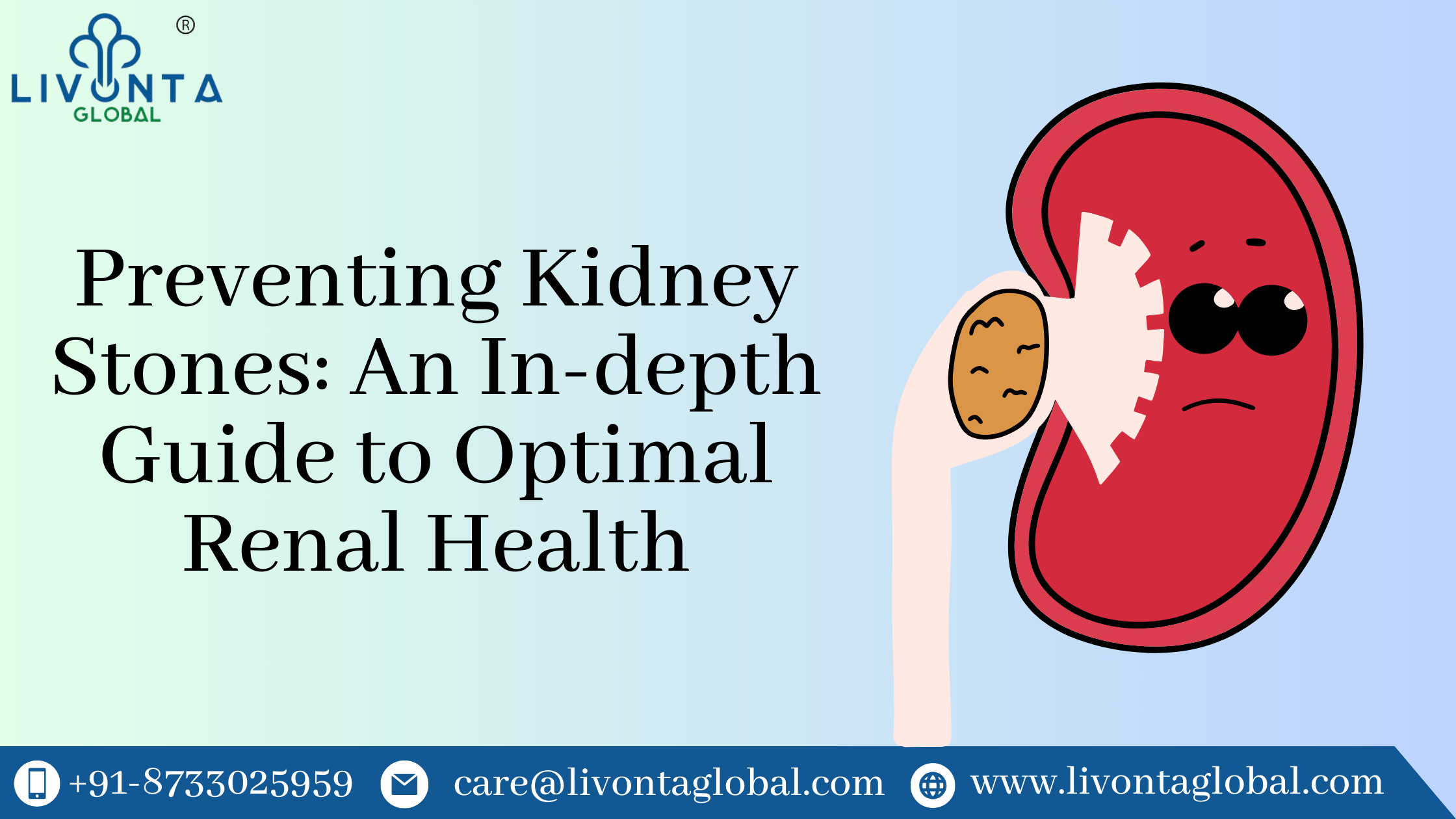
Preventing Kidney Stones: An In-depth Guide to Optimal Renal Health
A kidney stone is a hard mass that is formed by the urine crystals. Most people’s urine contains natural substances that prevent stones from growing and posing health risks. You may need to stick to a special food plan if you have kidney stones. Your healthcare provider will first do blood and urine tests to identify any potential risk factors you may have. Then, your medical professional will advise you on the dietary modifications and medical care you need to take to avoid having kidney stones recur. There has been a rise in the need for kidney transplant in India however, sticking to the proper healthcare routine can help to prevent serious conditions.
Let’s find out the ways –
Do not ignore your sweat
Although hard exercise, hot yoga, and saunas may be beneficial to your health, they can also cause kidney stones. Why? Less urine is produced when there is a loss of water through perspiration, whether from these activities or just the summer heat. Because less urine is produced when you perspire more, minerals that might form kidney and urinary tract stones have more time to collect and solidify. Drinking lots of water will make you pee a lot, which is one of the best preventative steps you can do for kidney stones. So make sure to stay hydrated, especially if you’re exercising or doing something else that makes you sweat a lot.
Be careful about Oxalate intake
Oxalate occurs naturally in a wide variety of foods, including fruits, vegetables, cereals, legumes, nuts & seeds, chocolate and tea. Limiting consumption of these foods may be advantageous for persons who develop calcium oxalate kidney stones, the most common type of kidney stone.
It’s a frequent misperception that eliminating items high in oxalate from your diet alone can lower your risk of developing calcium oxalate kidney stones. It’s crucial to consume calcium- and oxalate-rich meals at the same time when you’re eating. By doing this, kidney stones are less likely to form because oxalate and calcium are more likely to bond to one another in the stomach and intestines before the kidneys start processing.
Calcium is not bad
But it frequently receives a poor rap! Many people mistakenly believe that calcium is the main cause of calcium-oxalate stones due to its name and composition. The danger of kidney stones is actually increased by a low-calcium diet. Don’t lower the calcium level. Reduce your sodium intake and match calcium-rich foods with oxalate-rich foods in your diet.
It might recur
Passing kidney stones is one of the most excruciating sensations but regrettably, it doesn’t always happen once. According to studies, the likelihood of getting another stone increases significantly if you already have one. According to research, people with kidney stones don’t always listen to nephrologists’ and urinary experts’ recommendations. A little over 15% of people who had kidney stones neglected to take their recommended medications, and 41% disregarded dietary recommendations that would have prevented future stone formation. Recurrent kidney stones may be a sign of other issues, such as renal disease, and may return without the proper medications and dietary changes.
Post kidney transplant surgery in india make sure to reduce your intake of high-purine foods like red meat, organ meats, and seafood, and adopt a balanced diet that consists primarily of vegetables, fruits, whole grains, and low-fat dairy products to avoid developing uric acid stones. Avoid foods and beverages with added sugar, especially those that also include high fructose corn syrup. Avoid crash diets and limit alcohol intake because both can raise blood uric acid levels. Eat more fruits and vegetables and less animal protein to help lower urine acidity, which will help lower the risk of stone development.
Kidney TransplantTags: Preventing Kidney Stones

